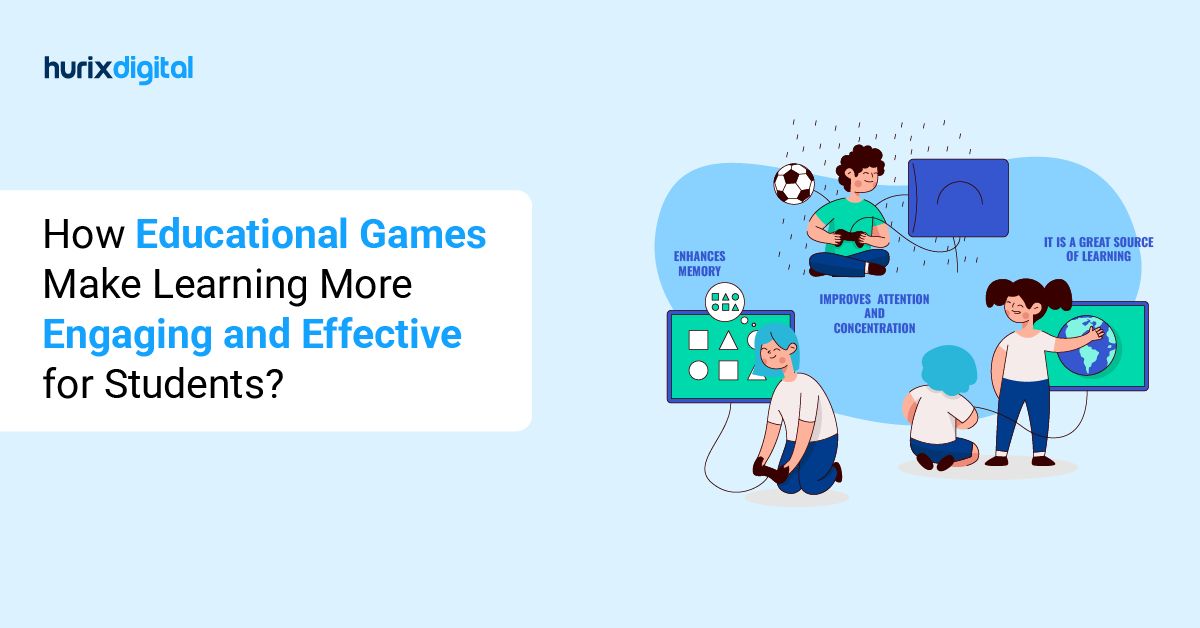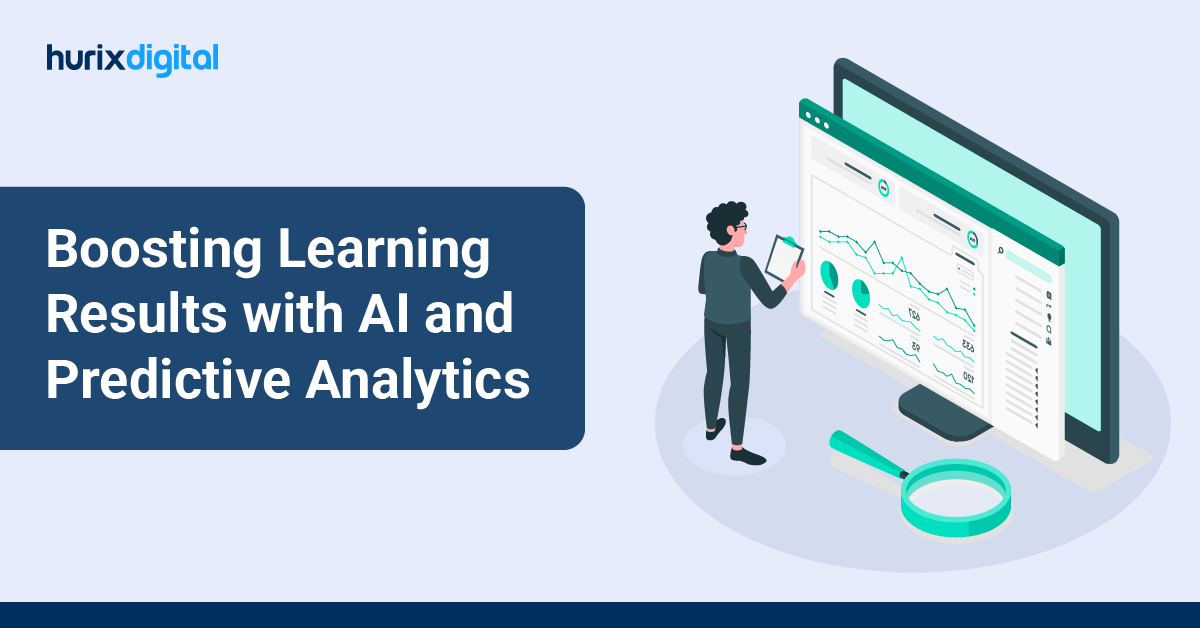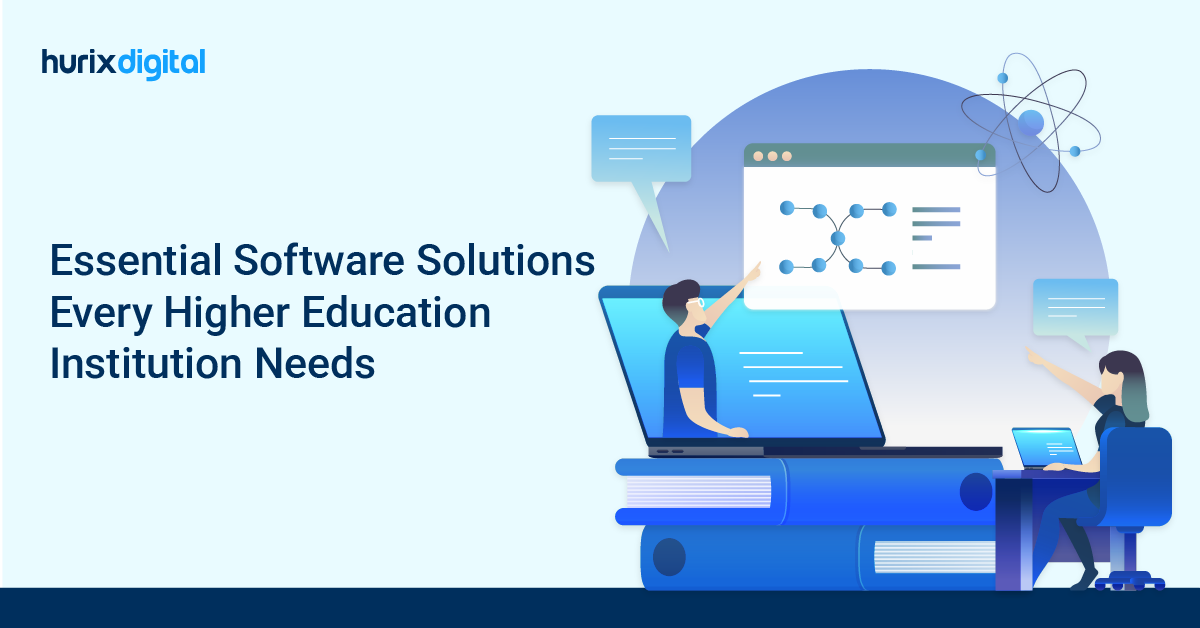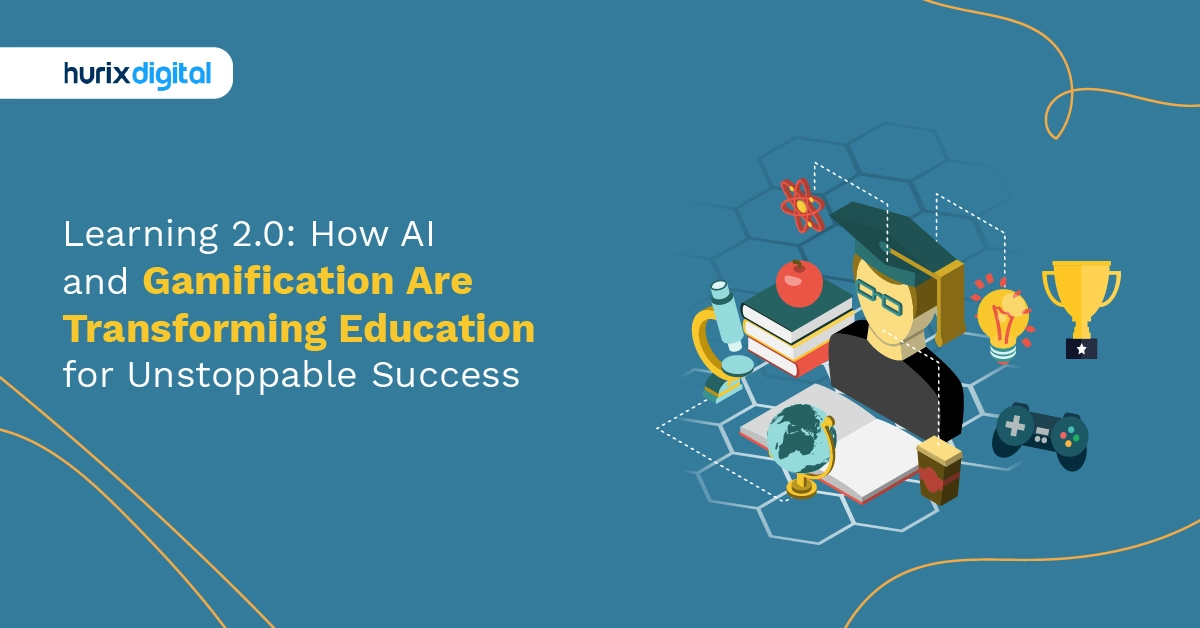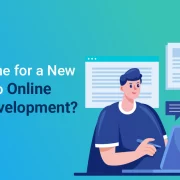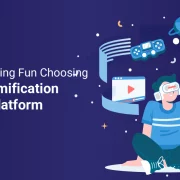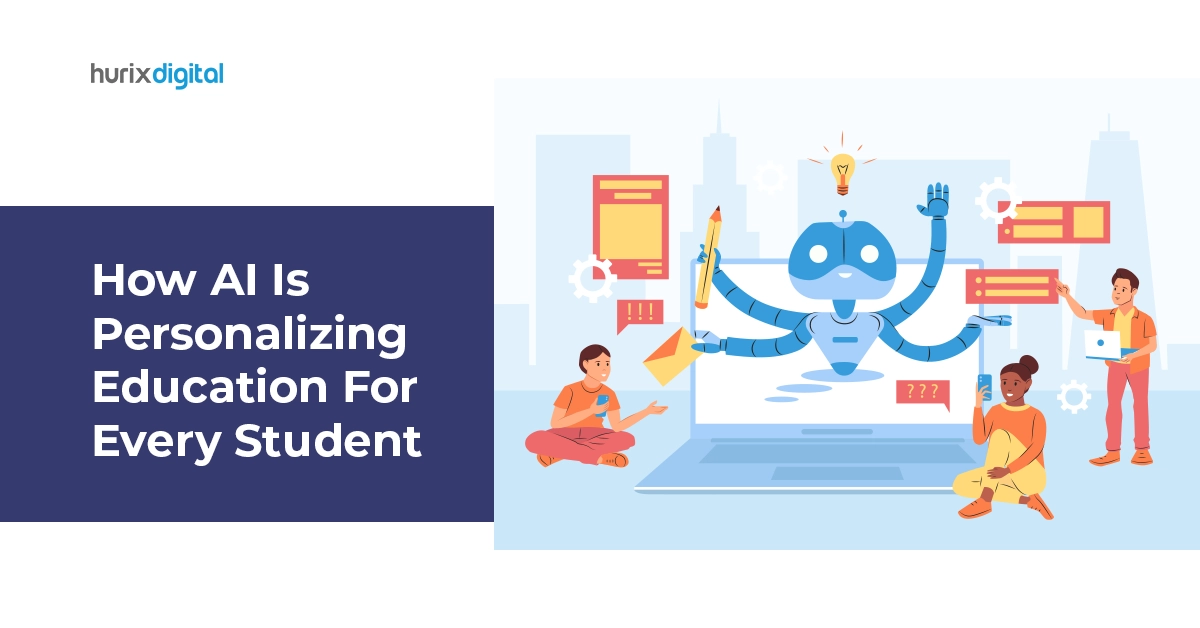
How AI Is Personalizing Education for Every Student?
Summary
This article discusses the various ways AI is being used in personalized learning. Personalized learning powered by AI is revolutionizing the educational landscape by providing students with more personalized learning experiences.
Personalized learning powered by AI is revolutionizing education and equipping students for accomplishment in the contemporary world. AI-driven personalized learning can contribute to the creation of a more diverse and equitable educational setting by offering students more customized learning routes and feedback.
According to a McKinsey & Company study, AI-powered educational tools could close the academic achievement gap between pupils who perform well and those who don’t by up to 20%. With the advent of AI and personalized learning, students can now customize their educational experience to meet their unique needs better.
Read on to find out the various utilities of AI in enhancing personalized learning!
Table of Contents:
- How is AI Used for Personalized Learning?
- How Do AI Chatbots Enhance Personalized Learning Experiences for Students?
- Takeaway
How is AI Used for Personalized Learning?
Personalized learning enabled by AI is a student-centered strategy that tackles the problem of students being disengaged from school.
AI personalized learning provides adaptive material, engaging experiences, and analytical tools to maximize learning results by customizing learning experiences to each learner’s preferences, needs, and pace.
Here are a few ways AI and personalized learning are transforming the new-age learning landscape:
1. Provides Scope for Adaptive Learning Technology
The majority of EdTech platforms available today use AI to provide adaptive educational environments. These platforms adapt in real-time, making sure that the pace and content meet the demands of the learner right away.
AI algorithms can be employed to modify learning content instantaneously, based on a student’s performance, in a variety of subject areas, including maths and languages.
Do you recall those adaptive tests that change in difficulty depending on your responses?
There’s AI at work!
2. Ensures Skillful Mentoring Initiatives
Students may require that additional bit of assistance. Here’s where AI-powered tutoring systems come in, providing instruction based on each student’s unique needs.
It’s similar to having a tutor who is intimately familiar with your advantages and disadvantages. In addition to offering individualized advice, these AI-powered solutions frequently include entertaining elements like gamification.
Envision having a virtual tutor at your disposal round the clock, prepared to help you according to your convenience. AI in personalized instruction systems is unique as it may transform education into an interactive experience.
They add components like tests, tasks, and prizes to make the process entertaining in addition to instructive.
3. Enables Multifaceted Learning
AI-powered education combines several formats—text, audio, video, and interactive elements—to create multimodal learning experiences.
This enhances the personalization and engagement of the educational process. This is done by enabling students to interact with the subject matter using methods that best match their learning styles.
Also Read: AI-Powered Education: Revolutionizing K-12 Learning through Robotics and AI
4. Promotes Individualized Evaluation and Assessment
AI can automate the evaluation process and give pupils quick, individualized feedback.
With the use of intelligent grading systems, feedback may be sent more quickly on assignments, tests, and quizzes. This gives specific recommendations for additional learning and assists students in identifying their areas of progress.
5. Supports Accessible and Special Education
Every learner is distinct and special in their way. Personalized learning using AI data-driven education has become a blessing for people with a variety of learning difficulties, providing adaptive learning solutions and assistive technology specifically designed for them.
Promoting Diversity, Equity, and Inclusion (DEI) has become crucial in the field of education. In addition to ensuring a safer learning environment, using AI-driven technologies to detect and address improper information also upholds the values of equality and inclusivity in education.
6. Uses Predictive Analysis to Identify Student Shortcomings
Predictive analytics is a branch of artificial intelligence that makes use of statistical inference to test records and infer probabilities of potential outcomes. People engaging with data is essential to do predictive analytics to find trends and validate hypotheses.
Education data, including evaluation outcomes, grades, attendance, and behavior issues, can be converted into relevant solutions by using education software with predictive capabilities. It can enable educators, managers, and support staff to proactively spot warning signs in weak-performing students and choose when and how to offer assistance.
How Do AI Chatbots Enhance Personalized Learning Experiences for Students?
Because they can mimic human-like interactions, chatbots—which are driven by artificial intelligence and machine learning—are a useful tool for personalized learning. They can provide personalized learning materials and immediate feedback while accommodating different learning styles and speeds.
Here are a few ways AI and personalized learning chatbots ensure this degree of customization, which improves the educational process, increasing its effectiveness and engagement.
1. Helps to Resolve Student Queries Instantly
The goal of the virtual chat support is to respond to each student’s question right away effectively. Students can use this to automate actions such as sending assignments, responding to emails, sending texts, and providing feedback.
With the chatbot possibility, students can recommend online study materials to help them complete their assignments more quickly. They can register themselves by completing online forms through the assistance tool, and they can also obtain admission details from universities.
2. Instill Self Advocacy Skills
AI chatbots help develop self-advocacy skills in students, empowering them to take charge of their education by soliciting feedback from them and offering constant reinforcement.
Additionally, these bots can notify and remind teachers and students about upcoming assignments, events, and achievements.
3. Enhances Language Learning Skills
Chatbots for language learning, such as those offered by Duolingo, give students of languages a conversational setting to practice their language abilities. AI-enabled chatbots fix pupils’ grammar and pronunciation while engaging them in real-world conversations.
Also Read: Transforming Education with Smart Classrooms: The Role of AI
Takeaway
AI in education can provide students with personalized learning routes that are tailored to their objectives, interests, and past knowledge. AI maximizes learning outcomes by customizing the content and pace to each pupil’s specific requirements. This way, students are given the right challenges and assistance.
It is noteworthy that although artificial intelligence presents immense possibilities for customizing education, human educators continue to play a critical role in establishing encouraging and motivating learning environments. Every student will benefit from an improved and customized curriculum as a result of the integration of AI and human expertise.
If you are looking for AI and personalized learning solutions, get in touch with Hurix Digital. We offer businesses and educational organizations the most advanced digital solutions and online teaching platforms. Using state-of-the-art hardware and software, we provide personalized learning programs to meet any kind of business requirement.

Senior Vice President – Business Development
Over 25 years of experience in the edtech and workforce learning industry with strong skills in Business Development, Customer Relationship Management (CRM) and Strategy.
